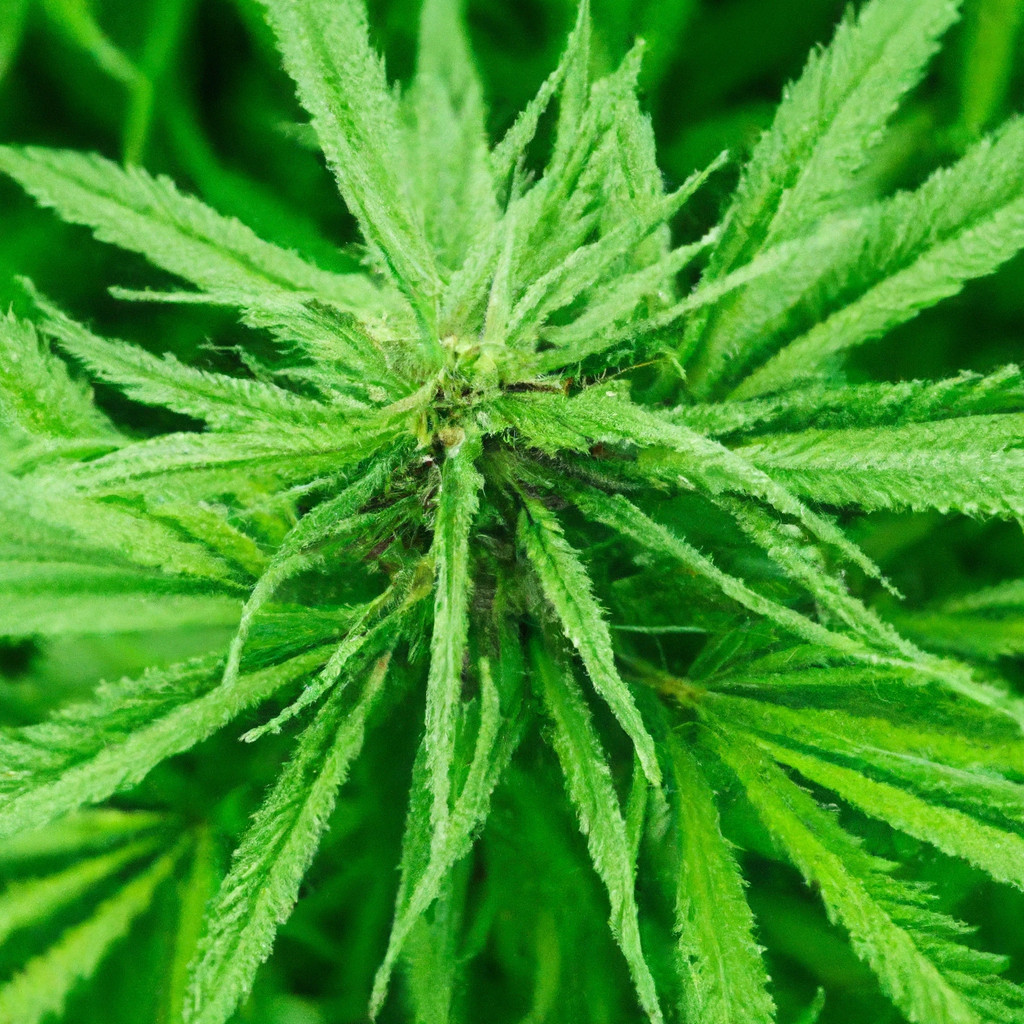Your cart is currently empty!
As the cannabis industry continues to evolve, growers are increasingly embracing organic practices for cultivating high-quality cannabis. Organic cannabis cultivation not only leverages natural processes but also ensures a sustainable approach that benefits both the environment and consumers. In this article, we’ll explore some of the best practices for organic cannabis cultivation, focusing on natural fertilizers, compost, and eco-friendly pest control methods.
Essential Elements of Organic Cannabis Cultivation
To cultivate cannabis organically, the starting point is to understand the essential components that contribute to a thriving and sustainable growth environment.
- Natural Fertilizers: Using organic fertilizers such as worm castings, bone meal, and fish emulsion can enrich the soil with essential nutrients without the risk of chemical buildup.
- Compost: Create or source high-quality compost to enhance soil structure and fertility. Composting not only recycles organic waste but also promotes microbial activity that supports plant health.
- Pest Control: Implement integrated pest management (IPM) using beneficial insects like ladybugs and predatory mites, which can control common cannabis pests without harmful pesticides.
Building a Healthy Soil Ecosystem
A robust soil ecosystem is the foundation of organic cannabis cultivation. Here’s how you can develop and maintain a healthy growing medium:
- Soil Composition: Use a rich mix of light and heavy soil components including peat, coco coir, and perlite to ensure aeration and water retention.
- Symbiotic Relationships: Encourage the growth of mycorrhizal fungi and beneficial bacteria to aid nutrient uptake and enhance plant resilience.
- Mulching: Apply an organic mulch layer to retain soil moisture, suppress weeds, and add nutrients as the mulch breaks down.
Promoting Sustainability in Cannabis Farming
Organic cultivation practices not only improve cannabis quality but also contribute to environmental conservation. Here are some sustainable practices to adopt:
- Energy-Efficient Lighting: Use LED grow lights to reduce energy consumption while providing optimal light spectra for cannabis plants.
- Water Conservation: Implement drip irrigation systems to minimize water usage and prevent overwatering.
- Carbon Sequestration: Select practices like cover cropping and no-till farming to enhance soil carbon storage, contributing to climate change mitigation.
Benefits of Organic Cannabis
Choosing organic cannabis is beneficial not only for the growers and the environment but also for consumers. Here’s why:
- Environmental Health: Organic farming practices reduce pollution, conserve water, and decrease chemical runoff, promoting a healthier ecosystem.
- Consumer Safety: Cannabis grown organically is free from synthetic pesticides and chemicals, ensuring a safer product for end-users.
- Improved Aroma and Flavor: Many consumers report that organically grown cannabis has a more robust aroma and taste due to the rich biodiversity supporting plant health and terpenes.
Conclusion
Embracing organic cannabis cultivation offers numerous advantages, from enhancing the quality of the product to promoting environmental sustainability. By committing to natural fertilizers, composting, and eco-friendly pest control methods, growers can produce cannabis that is not only superior in quality but also supportive of a healthier planet.


Leave a Reply